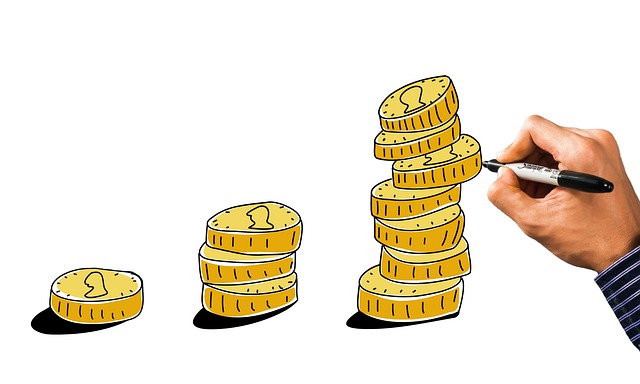Before getting an SBA loan, consider its pros and cons. An SBA guarantee can decrease the lender’s risk and increase the likelihood of your loan application being accepted, and interest rate limits help keep expenses manageable for small company proprietors.
U.S. Small Business Administration loans, on the other hand, necessitate excellent credit scores and can take months to finance after approval. However, if you deal with a favored provider, like https://www.gofundshop.com/ you can cut down the time it takes to get funded to just two weeks.
Explaining small business administration (SBA) financing
SBA-approved banks and other banking institutions offer loans. Loan proposals for SBA-guaranteed funding may require two sets of permits, from both the financing company and the SBA.
A Preferred Lender is a financial institution that has been given permission by the Small Business Administration to make the ultimate credit judgments on SBA-guaranteed loans.
If you fail on your Small Business Administration credit, the SBA will repay your backer for some of the money they lost. This guarantee lessens the lender’s exposure to risk, which improves the borrower’s chances of securing financing for their small company.
Working cash, merchandise, and business machinery are just some of the things that can be financed with an SBA credit. The loan rates that SBA-approved lenders can impose are also capped by the SBA.
SBA Loans: The Pros
Generalized qualification criteria. A company must meet a few criteria to get SBA loans:
- An organization that runs ethically and lawfully while making a profit
- U.S. or U.S.-controlled.
- A creditor has invested personal funds and/or been unable to obtain funds elsewhere.
- Some loan kinds struggle to meet SBA size standards, which can be based on income or staff.
Businesses that have issues getting loans may qualify. If you miss your SBA credit, the SBA will reimburse the owner. This lowers loan risk and may satisfy the applicant.
Longer payback periods may be offered by lenders. The reduced monthly payment eases the financial burden of debt repayment on the user.
Interest rate ceilings. SBA loans have a base rate + the lender’s profit. The base rate may rise or fall compared to prime, LIBOR, or another reference rate depending on market conditions. SBA interest rate caps help debtors afford SBA loans.
Credit amounts vary. Research each credit program’s constraints. A $5.5 million CDC/504 loan can only be used to buy real estate.
Resource groups offer assistance. SBA resource centers provide funding information, guidance, and other assistance to local businesses in underserved areas. These information groups help companies apply for loans.
Problems with Small Business Administration Loans
- A down deposit is usually required of borrowers. SBA loans demand 10%–20% down. Lenders prefer candidates who buy firm stock. Blaney says SBA-guaranteed loans have lower down payments than normal loans.
- Possible requirement of collateral. Many SBA lenders demand security. Because the SBA only guarantees part of the debt, lenders may still require security and personal guarantees from clients.
- To borrow more than $350,000 with a 7(a) loan, for instance, you may need to put up security. The security for a 504 credit is usually the immovable asset itself.
- Individual responsibility for company debts. If the loan goes into failure, the lender can take the property you put up as security and sue you for the remaining balance. The U.S. may assume your debt. Treasury Department for collections if you continue to ignore the SBA’s attempts to get paid.
- Approval takes a long time. Credit applications often take over two months. Contact your local SBA district office to find a loan program and SBA-approved supplier. After the donor approves, the SBA’s approval takes longer. Power-assigned providers save time.
- In most cases, candidates with poor credit scores will be denied. It’s very improbable that a lender will extend credit to an applicant with a poor credit score. An applicant applying for a Small Business Administration credit should have a personal FICO score of 680 or higher.
